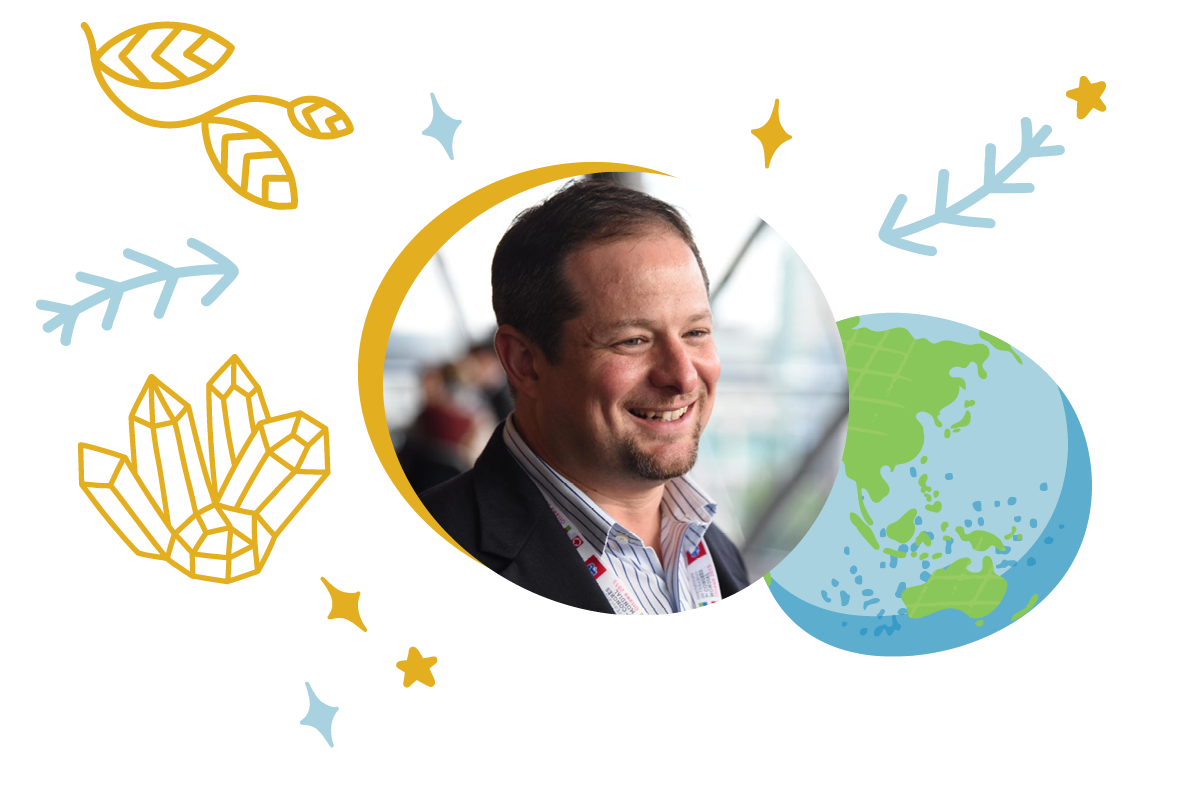
Taking the lead: Australia’s role in making a better world

Australia could “make a world of difference in creating a better world”, argues Education International general secretary DAVID EDWARDS.
In the past few days, I’ve heard some very different messages from new prime minister Anthony Albanese than those we were hearing from the Coalition government. I want to connect some of these messages to the role I think Australia could play in the world right now, not only in education but also more broadly.
The UN Sustainable Development ‘Goal 4’ (SDG 4) aims to “ensure inclusive and equitable quality education and lifelong learning opportunities for all”. Over the past decade, Australia’s support for this plan, especially when it comes to assistance for developing countries, has been lacking. At a time when aid around the world has been going up, post-COVID, Australia’s foreign assistance went down.
The SDG 4 has ten targets, which include: “free primary and secondary education; equal access to quality pre-primary education; affordable technical, vocational and higher education.” Australia has a unique opportunity to contribute to these goals, with two milestone events on the horizon.
This is a real opportunity for the AEU to promote sustainable funding for those who need it most; not for the rich schools who need a new swimming pool.
Firstly, the Transforming Education Summit (TES) in September is the first time in history that world leaders will meet to make commitments to education, local and global. As part of this process, there will be national consultations occurring around the world, and education unions are guaranteed a place at the table as a stakeholder in the outcomes.
The summit’s five ‘action tracks’ are: safe and inclusive schools, learning for life, teachers and teaching, digital learning, and financing education. I believe there will be a focus on sustainable funding models. This is a real opportunity for the AEU to promote sustainable funding for those who need it most; not for the rich schools who need a new swimming pool.
Secondly, the Australian government – working with the AEU – must participate in the next International Summit on the Teaching Profession (ISTP). Albanese said his government will be motivated by two key principles: “No one left behind. No one held back.” Compare this with the theme of this year’s ISTP, which the Morrison government refused to attend: “Governments and teachers’ unions working together to leave no-one behind”.
Teachers’ wellbeing is inextricably linked with student wellbeing – that’s the point we need to get across.
When the ISTP was first established, it coincided with the rise of neoliberal agendas and privatisation. At that time, right-wing governments were pushing for performance pay. America’s model was based on one developed to measure the productivity of milking cows! Over 12 years, working together, we’ve made a huge shift from a focus on assessing teachers to supporting teacher wellbeing. Teachers’ wellbeing is inextricably linked with student wellbeing – that’s the point we need to get across – but they can’t do their work without the tools, the resources, and the trust; they cannot do it if they’re not respected.
Australia could also lead on climate education. Students and teachers want to be able to talk not only about the causes of climate change, but also about climate justice and the obstacles to making policy changes. Our students are citizens with a right to a future, and we can’t be gagged and censored when we want to teach real science and real civic engagement and to encourage their participation.
Lastly, what does it mean to promote and respect the rights of Australia’s Indigenous peoples through education?
EI is proud to be working with the AEU and other organisations and Indigenous networks to ensure that the next World Indigenous Peoples’ Conference on Education (WIPCE) is a meaningful gathering that leads to policy changes and proposals for Indigenous peoples around the world. We have a lot to learn from our First Nations peoples on climate, equity, justice and dignity – and I think there is a major opportunity for Australia to be a leader here as well.
Recently, the past president of Uruguay said to me: “The right is united around interests, the left is divided by ideas.” We have to shift that – and we have an opportunity to do that now.
Four ways Australia could help shape a better world:
-
Meet foreign aid targets.
-
Work with education unions as part of the ISTP and TES.
-
Commit to an action plan on climate change and quality climate education.
-
Set an example for respectful, inclusive education for Indigenous peoples.
This is an edited excerpt of David Edwards’ presentation at the AEU’s Public Education Summit on 26 May.



